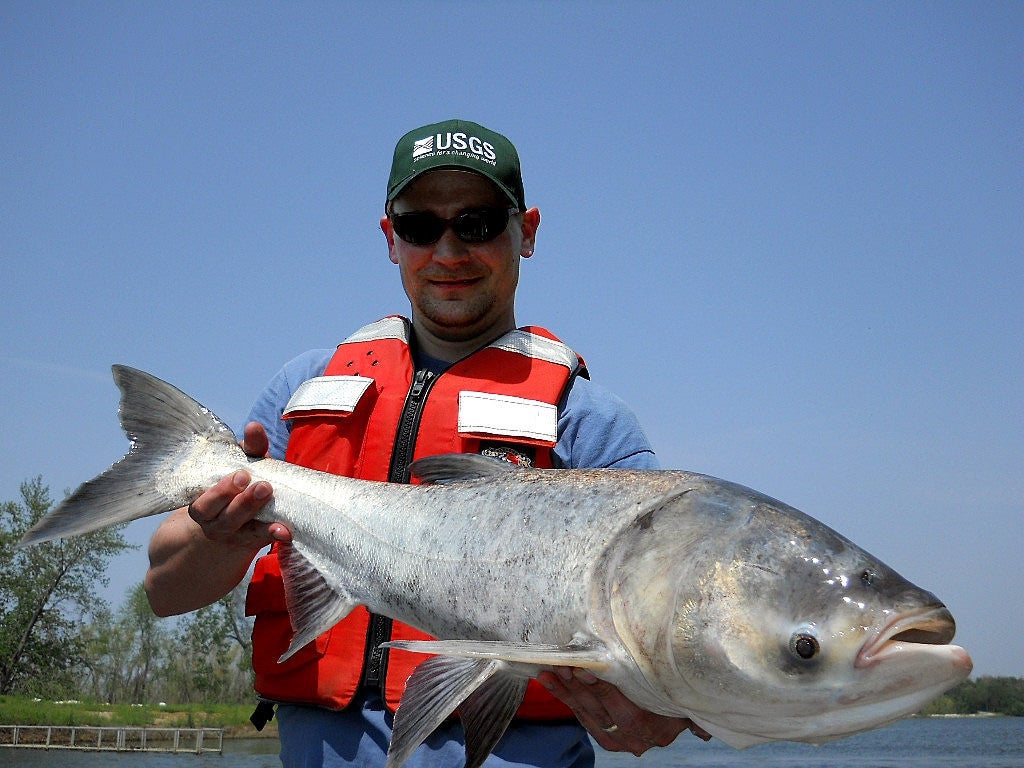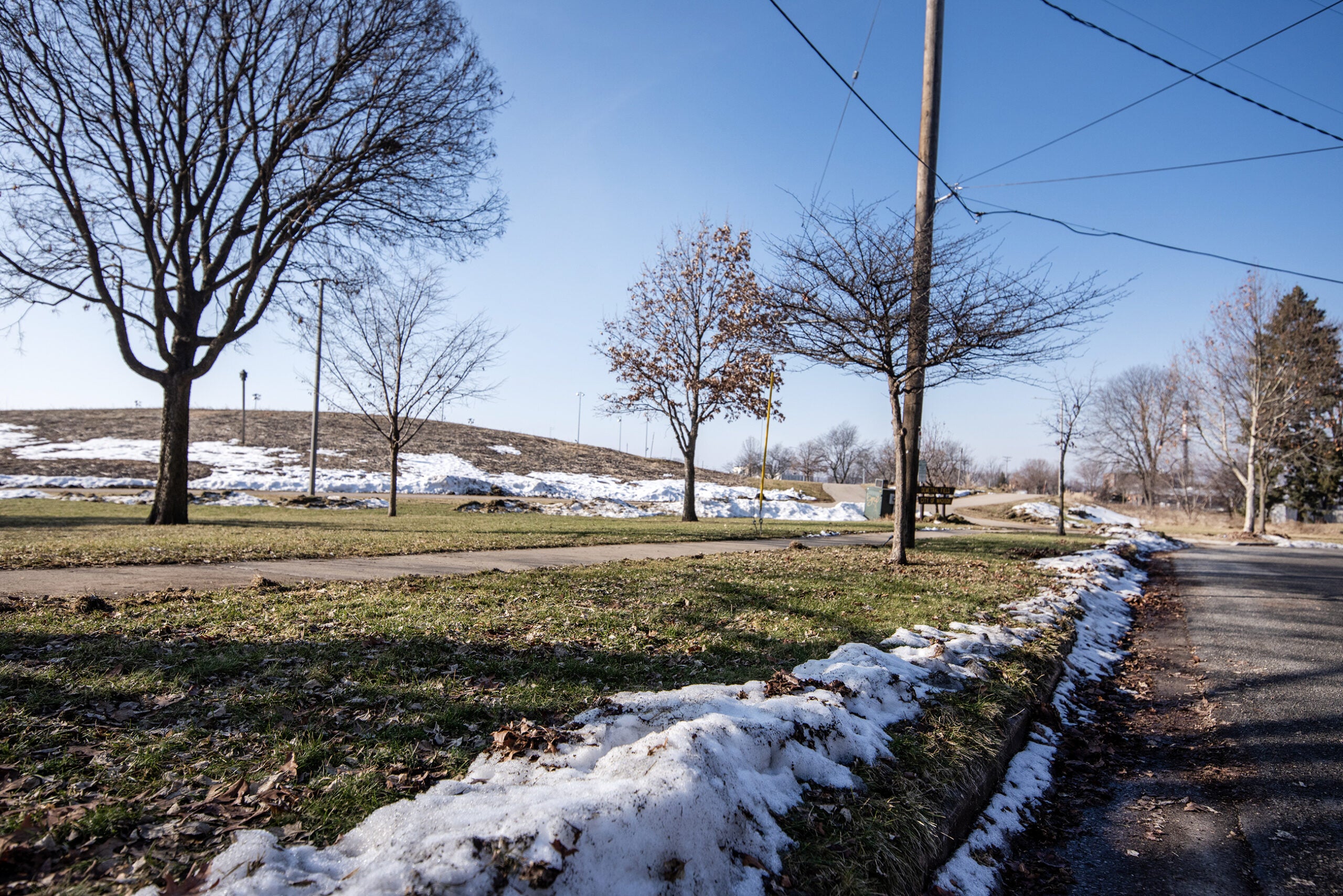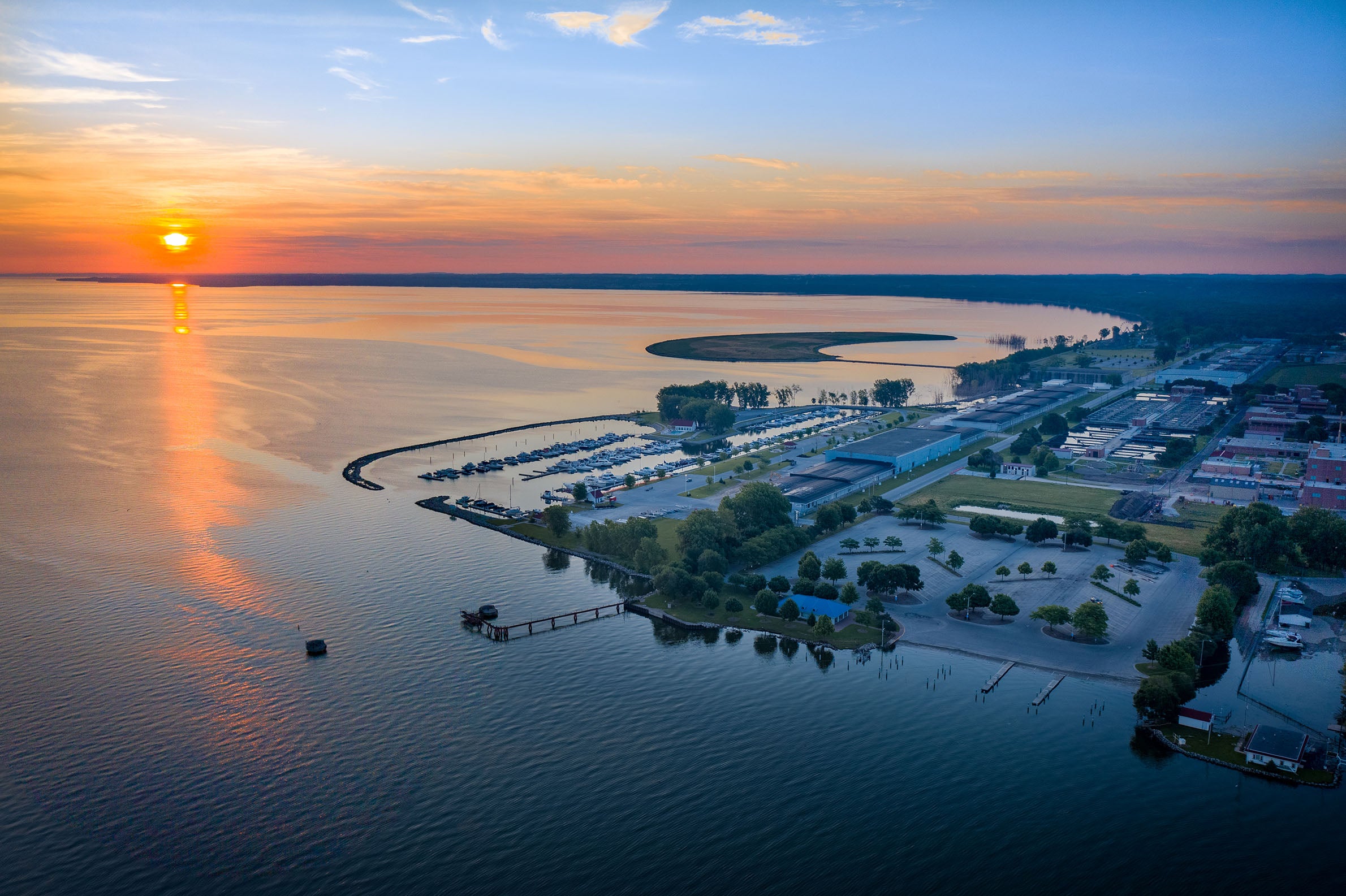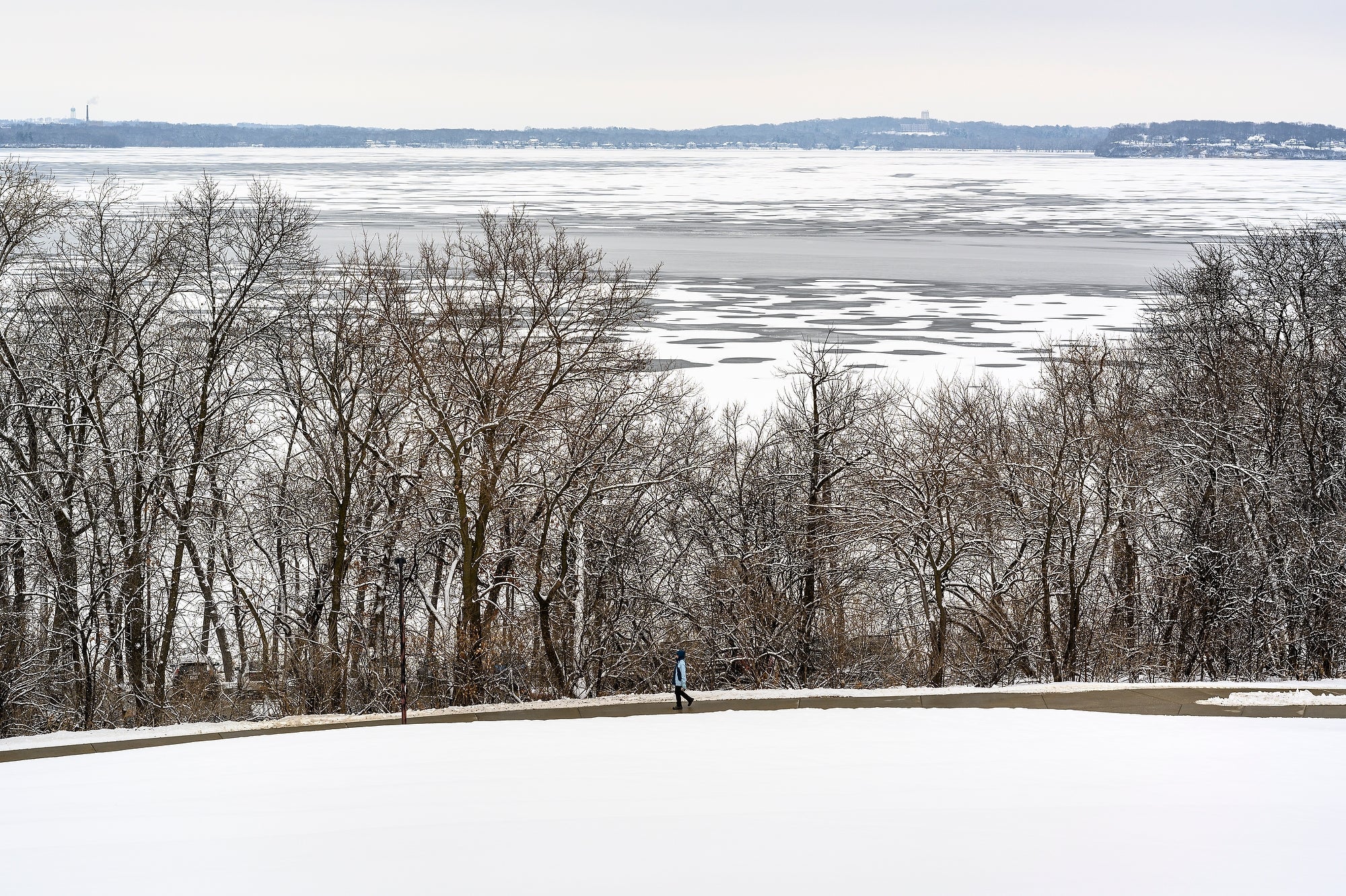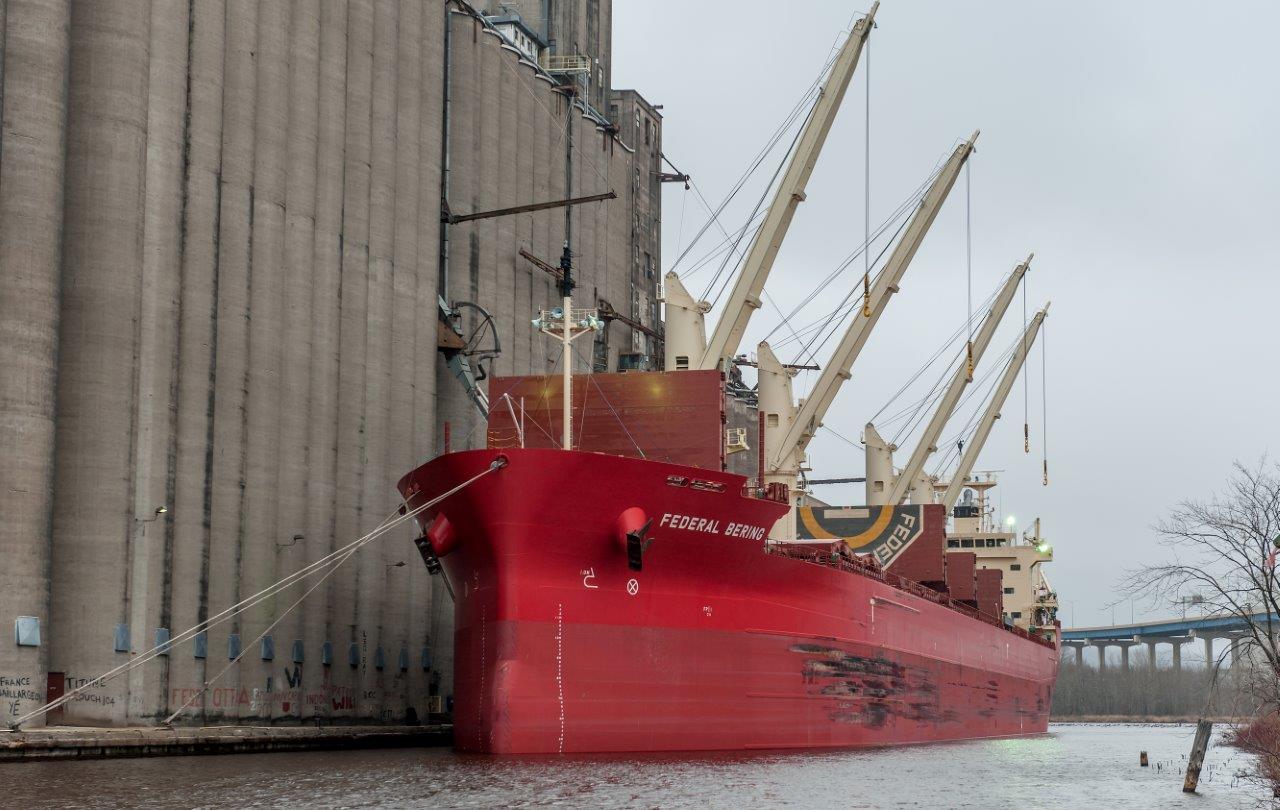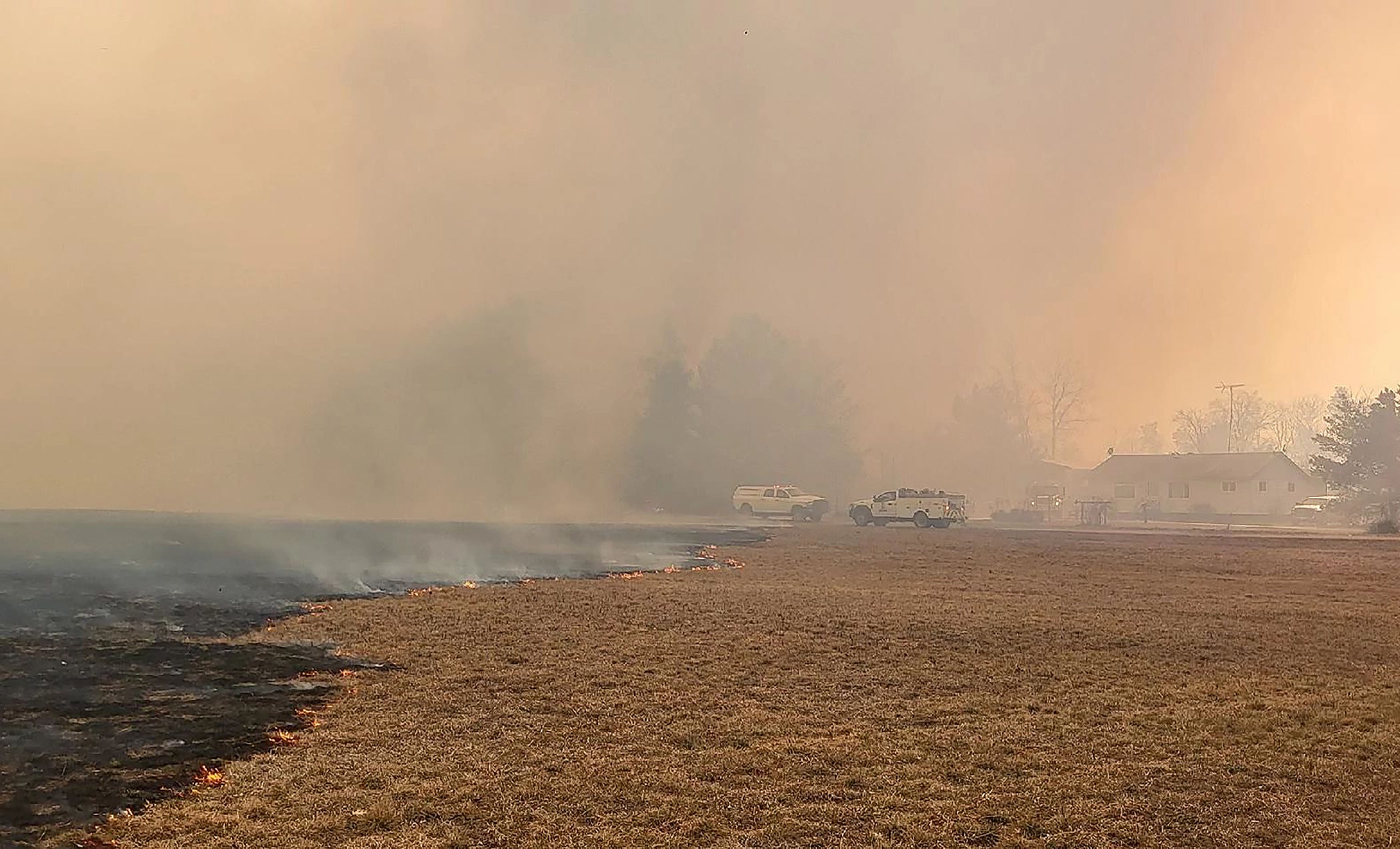Heavy ice and snow cover on lakes across Wisconsin has the Department of Natural Resources watching for higher than normal fish die-offs.
During winter, oxygen levels decrease in smaller lakes that aren’t fed by moving water. That’s because ice keeps air out and heavy snow keeps underwater plants from making oxygen. Fisheries ecologist Paul Cunningham says it’s normal for some fish to die each winter, but with this year he expects a higher than normal fish kill.
“You just run into a deficit,” Cunningham said. “With long duration of ice cover and heavy snow on the surface of the ice, photosynthetic production is low and respiration is high. You get this net loss of oxygen to the point that you get these lakes running down below one part per billion, and fish can’t survive when [oxygen] gets real low.
Stay informed on the latest news
Sign up for WPR’s email newsletter.
Cunningham says some fish species handle low oxygen levels better than others. The best survivors include fish like the black bullhead and carp. While the DNR expects a higher than normal die-off, Cunningham says it’s unlikely many lakes will lose all their fish.
“Usually ‘winterkill’ doesn’t completely kill all the individuals in the population,” he said. “It kills a large segment or can be severe, but generally there are some microhabitats where a portion of the fish can hang on and survive.”
Cunningham says they don’t know yet if they’ll have to restock more lakes this summer due to winterkill.
Wisconsin Public Radio, © Copyright 2024, Board of Regents of the University of Wisconsin System and Wisconsin Educational Communications Board.

